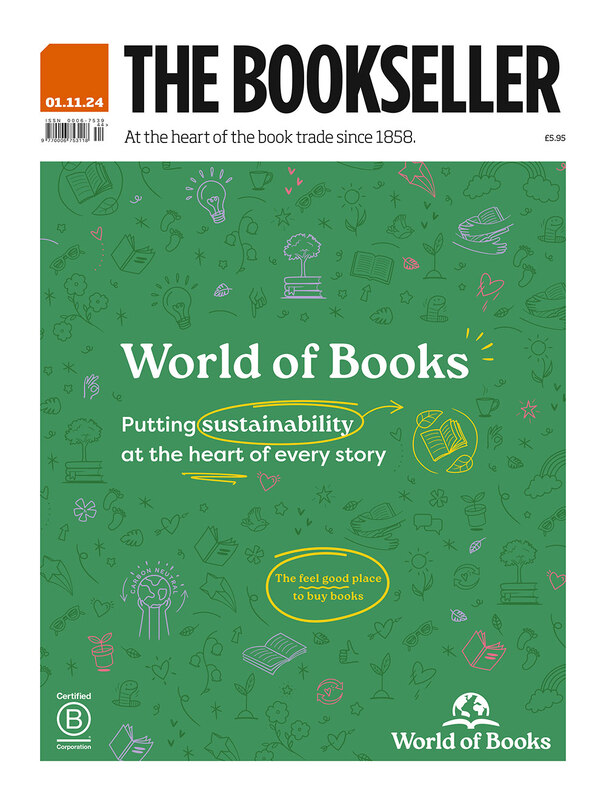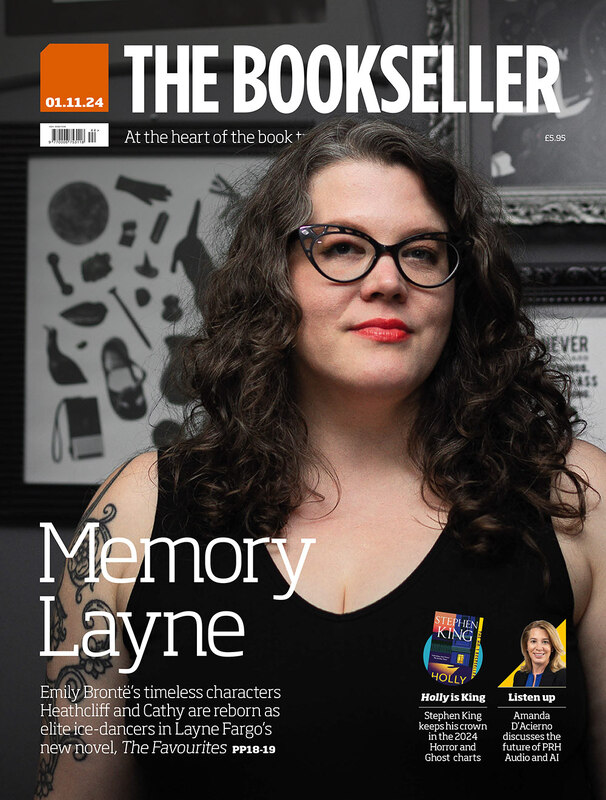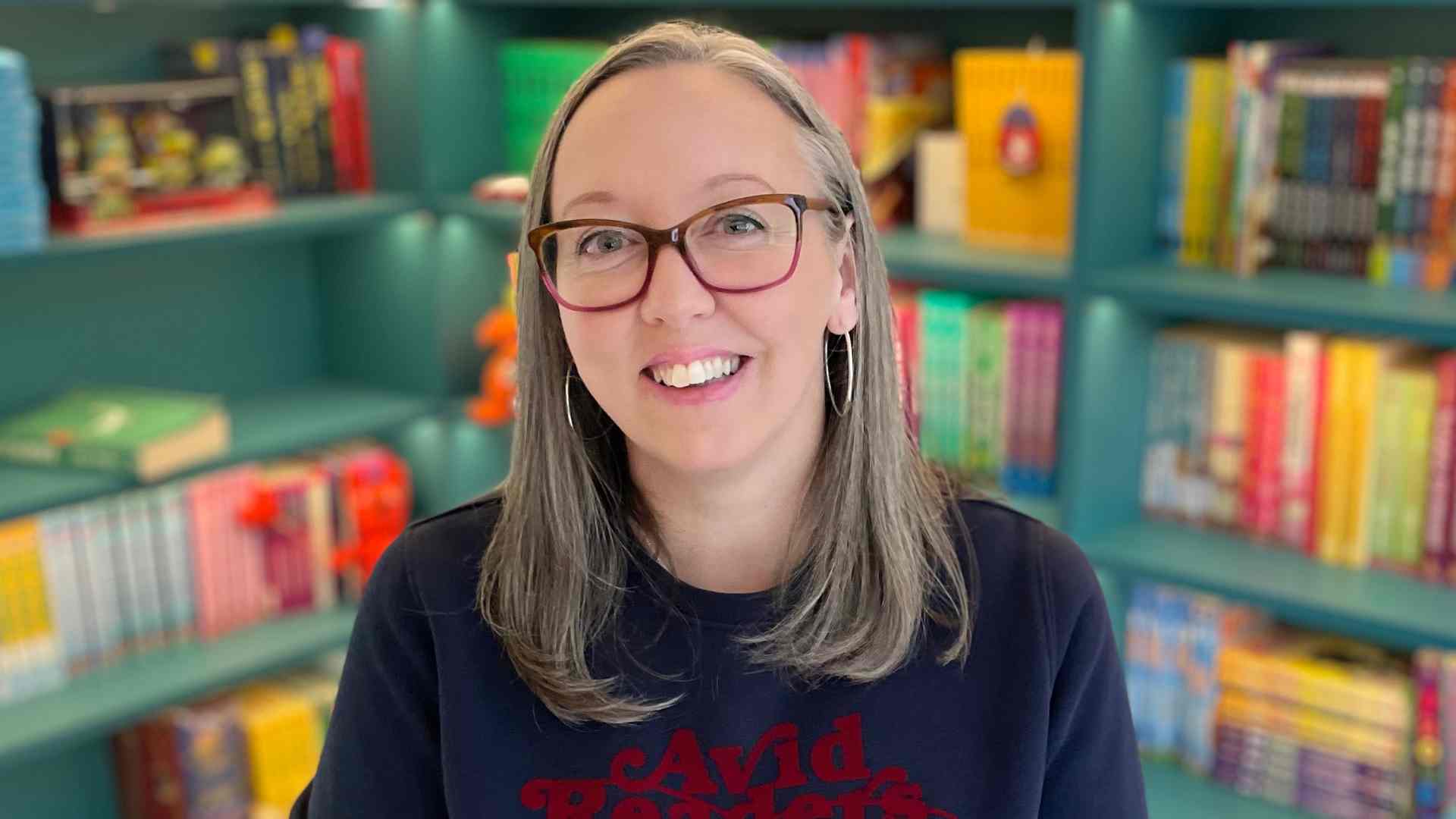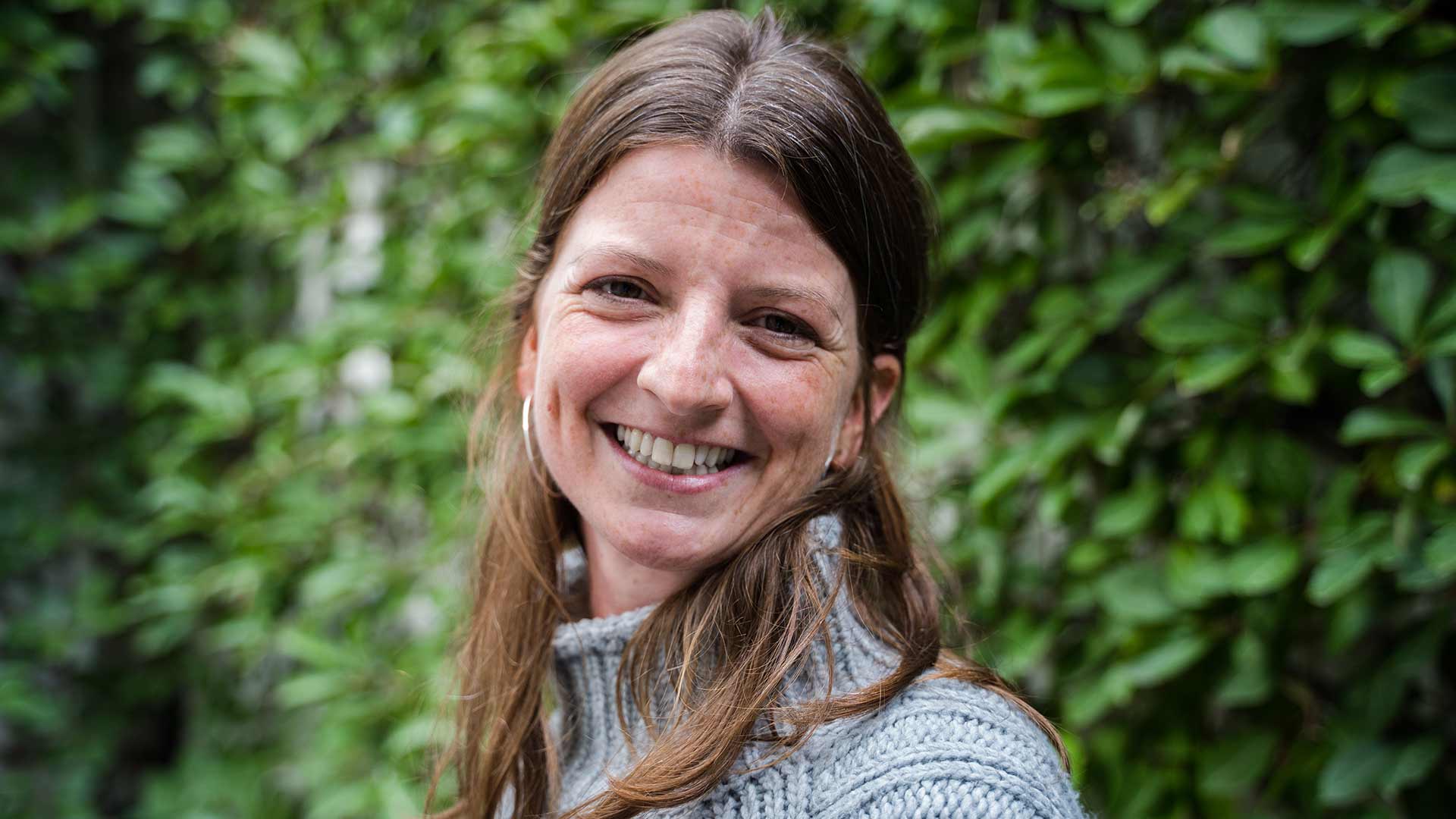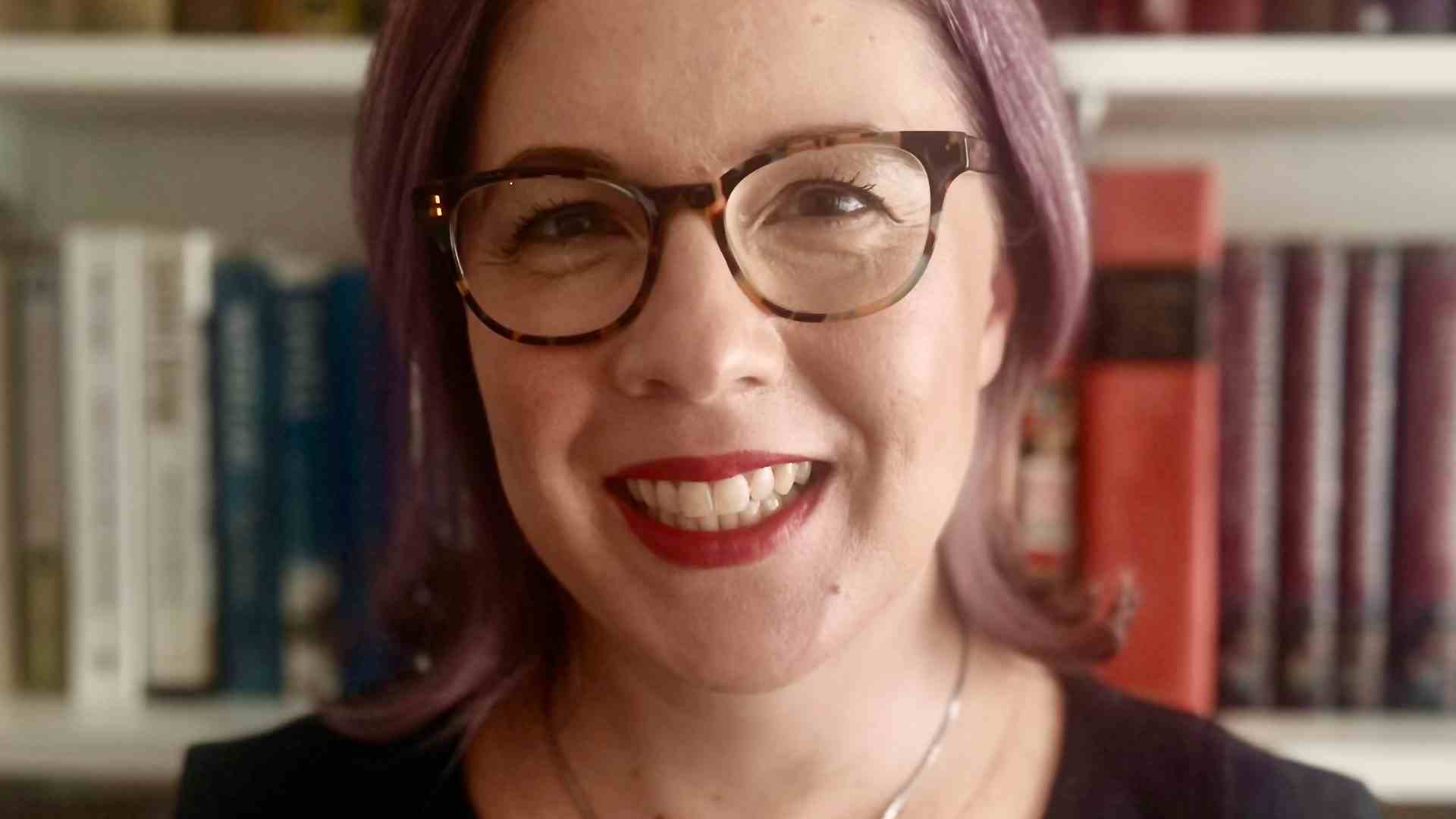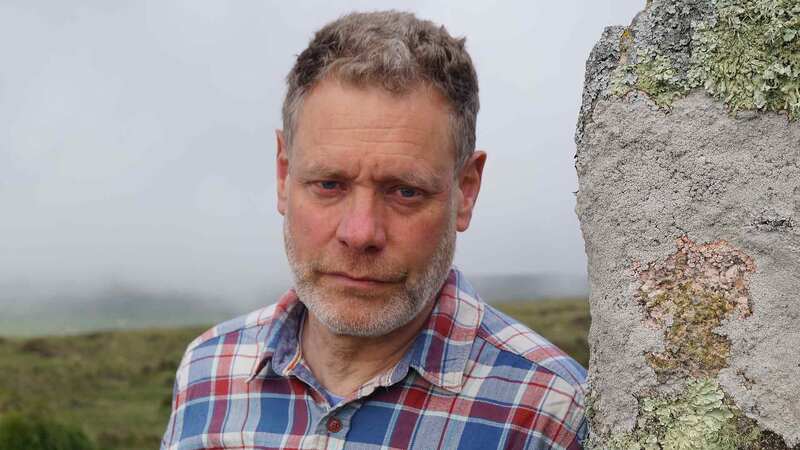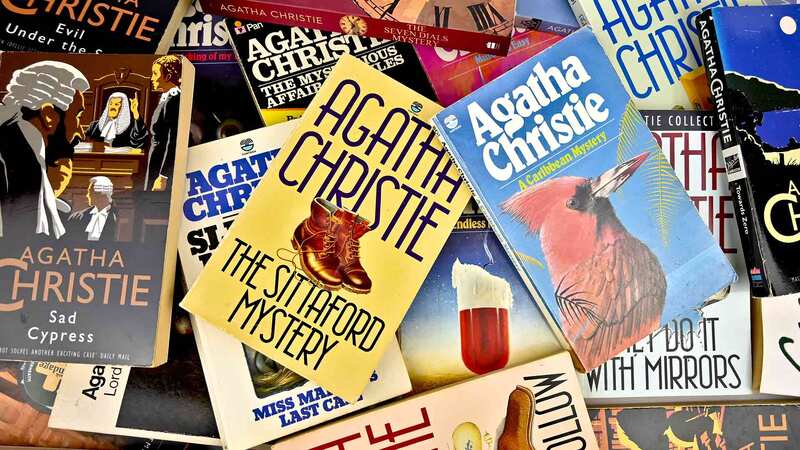You are viewing your 1 free article this month. Login to read more articles.
So hot right now: literary agents going out on their own
A wave of British dealmakers have fled the big players to launch new firms—but can they compete with the conglomerates?

Tom Tivnan is the managing editor of The Bookseller.
The sizzling trend across the British Isles for this autumn/winter? No, it’s not wide shoulders or the return of boho—though we are absolutely here for both of those—it is agents from established larger firms going out on their own.
The exhaustive list of new companies springing up includes (but is not limited to) United Agents duo Seren Adams and Kat Aitken starting up Lexington Literary (see their Frankfurt profile); ex-Darley Anderson colleagues Tanera Simons and Laura Heathfield opening Greenstone Literary; The Marsh Agency joint m.d. Jemma McDonagh kickstarting Jemma McDonagh Associates; Kemi Ogunsanwo launching Seventh Agency after leaving The Good Literary Agency; three-time British Book Awards Literary Agent of the Year shortlistee Amanda Harris announcing she would depart YMU at the beginning of 2025 to start an as-yet-unnamed new company; and Marilia Savvides stepping out from the 42 M&P umbrella to found The Plot Agency.
The trend is so red-hot, other publishing professionals have jumped on board: former HarperCollins Ireland boss Conor Nagle set up The Nagle Agency at the beginning of the year, while just two weeks ago ex-David Fickling and Usborne publicist Carolyn May McGlone launched her Oxfordshire-based May Literary Agency.
What makes this all the more interesting is that we are an era of conglomeration with smaller agencies joining bigger firms—such as Charlie Brotherstone, Emily Sweet and Jack Ramm all bringing their outfits into the Aevitas Creative Management fold—and Hollywood agencies swooping into London to acquire existing companies and bolster new offices. So, is the spate of new boutique players a reaction to big agencies getting bigger?
In part, concedes Gemma Cooper, who launched Gemma Cooper Literary (GCL) at the beginning of this month after a dozen years at The Bent Agency (TBA). But she argues it may simply be down to the typical, largely flat, organisational model of agenting, which, quite frankly, does not allow for much progression. She explains: “The structure at many agencies doesn’t leave room for promotion after a certain level. I’m a big believer that ‘every day is a school day’ and want to keep developing new skills and growing. I’ve learned so much in 12 years at TBA and I felt ready to take this next step. Agents, by our nature, are ambitious people. I have big ambitions for my clients, and big ambitions for myself.”
I don’t think my strategy as a sole trader is that different to what I was doing at TBA; author care is at the heart of everything I do.
The fortnight since launch “has been the busiest of my career”, Cooper says. But partly that is because she is hardly starting from scratch, with the (largely) children’s specialist bringing over an established roster that includes international stars Robin Stevens, B B Alston and Sibéal Pounder. Her hot book for Frankfurt is from one of her authors on the adult side: Abiola Bello’s The Awards, a dual point-of-view novel described as “Yellowface meets The List”. And, circles within circles: GCL translations are handled by Rich Lit, the rights agency launched by former Watson, Little veteran Rachel Richardson in September.
Cooper says: “Initially my focus has been to look strategically at the authors I already represent—can they be writing for different age ranges? Can we option film/TV rights for backlist books? What new projects should authors be focusing on? Once I open to submissions, I’ll be looking for books that will become bestsellers, and books that will be a reader’s best friend. But I don’t think my strategy as a sole trader at GCL is that different to what I was doing at TBA; author care is at the heart of everything I do.”
Long-time Darley Anderson (DA) rights director Mary Darby was at a similar point to Cooper in her career, having spent “13 happy years” at DA before deciding in spring 2024 to set out with Darby Literary Rights Agency. Darby says: “[DA] has been pretty much my first job in publishing. There were some changes at the agency and if I was going to sign on the dotted line, that would be it; potentially I would be there forever. Which made me think: ‘Do I want something new?’ It was a difficult decision because of course the familiarity, the stability-—the money—[at a big agency] is amazing. But in the end I wanted the newness and the challenge.”
Launching a rights specialist—though Darby also directly represents some self-published writers—is different than going out on one’s own as an agent, as the main clients are agencies not authors. But Darby Literary’s beginning was fairly auspicious: Eve White Literary’s long-time translation partner, Rebecca Winfield at Luxton Harris, was retiring, so White asked Darby to take her agency’s list on (she has since partnered with former DA colleagues Simons and Heathfield’s Greenstone).
Darby says: “It was good timing with [White] as it gave me a solid foundation right away—and her list really chimes with what I was doing previously. It’s difficult launching your own agency, partly—and this is true for primary and translation agents—because the question is: ‘Am I still on [acquiring publishers’] radar if I’m not in a big agency?’ I think I’ve been lucky as I had a good grounding with Darley Anderson and made a lot of contacts that I’ve been able to maintain.”
Big agencies, of course, always talk about scale—how useful it is to have a massive translations rights department along with a fleet of bespoke film and TV agents in Hollywood. And, if you’re Curtis Brown, a personal trainer. But how can smaller start-ups hope to compete with that?
Apart from the obvious strategy of being able to partner with sub-agents and screen specialists, Cooper contends that a lot of authors don’t want a big behemoth representing them: “Different agents and agencies work for different types of authors. I’ve had calls with prospective authors who want a more corporate, large-scale organisation and we’ve not been a good fit—and that’s okay. So I don’t think it’s about competing, per se. The clients who are looking for that hands-on, personal focus of someone like me might not want a big agency.”
Darby agrees and says: “The word I’ve been using a lot is ‘bespoke’. I have two agencies that I work with, a handful of my own self-published authors. So, I’m on top of all of that. Inevitably, there are things that fall through the cracks in a big company. What I want to do is to have read every single one of the books I’m pitching. I don’t ever want to be in a position where I’m trying to convince a publisher to buy something I can’t get behind. And that’s something I promise to the agencies I work with.”
Launchpad: Frankfurt first-timers
Rich Lit Rights
Officially launched in September 2024 by Watson, Little rights director Rachel Richardson, specialising in children’s books, commercial and upmarket fiction for adults and “select” non-fiction. Richardson already has five publishers and agencies on her books: Gemma Cooper Literary, ASH Literary, Holiday House, Little Door Books and Storm Publishing.
Jemma McDonagh Associates
McDonagh, the former joint managing director of The Marsh Agency and a 2023 shortlistee for the Rights Professional of the Year Nibbie, also launched her rights agency the month before Frankfurt. She now represents English language and translation rights outside of North America for two well-respected outposts: Brooklyn-based DeWitt Authors and Toronto’s Helen Heller Agency; the latter’s authors include Linwood Barclay and Shari Lapena. In addition to selling rights, McDonagh will build her own roster of clients.

